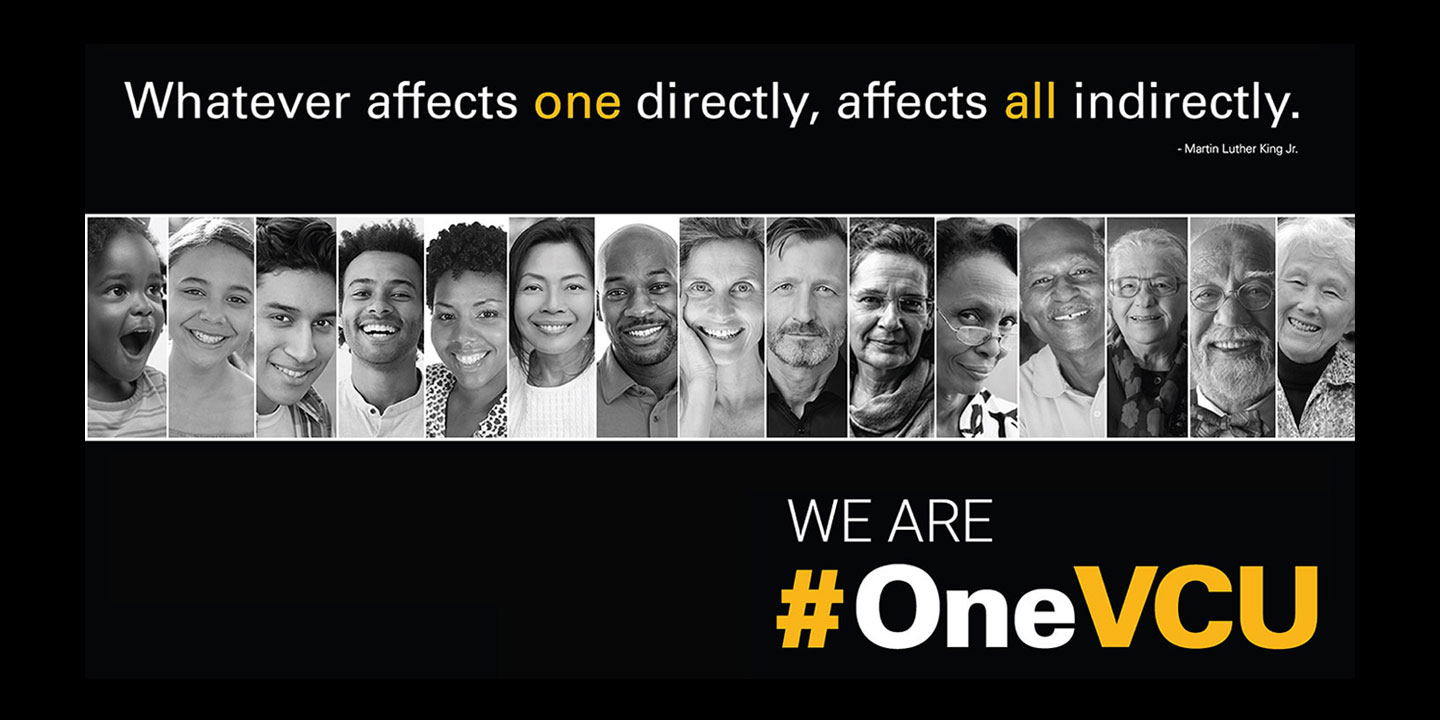The COVID-19 pandemic is shining a light on a form of discrimination that has long existed but garnered little attention – ageism. Ageism, oppression based on age, has taken center stage in our current climate. Public responses to the pandemic have included sentiments that minimize the impact of the virus because it only affects the elderly as well as pleas for older people to sacrifice their lives for the sake of the economy.
In a recent article in The Atlantic, Louise Aaronson articulately describes how "Ageism is Making the Pandemic Worse" through stereotyping (the nicknaming of COVID-19 as "boomer remover") and discriminatory reductionism (triage of care and resources based on age). No group of people are disposable, and every life matters. Yet people over the age of 60 are being viewed as disposable.
In addition, stereotypical misconceptions of older people as resisting technology, being difficult to train, slowing things down and making things harder for others are commonplace. As long as we keep viewing people who are different from ourselves as others, we participate in oppression and a sinister variety of social distancing. In response, organizations including the U.S. Department of Health and Human Services have made a public counter statement to reinforce that care should not be denied on the basis of stereotypes or judgments about a person’s relative "worth" based on disability or age. Even the director-general of the World Health Organization has issued a warning about age discrimination in the midst of the COVID-19 pandemic stating that "every life matters."
The labeling of age groups with specific traits that are deemed either desirable or undesirable creates an "us versus them" mentality which then creates a chasm between the old and the young. Negative perceptions or behaviors toward older individuals by younger individuals not only damages the self-esteem of elders, but also creates a hostile environment for their own future social interactions and their own future self-development as elders.
Yet ageism is not limited to those who might be older than you. This form of oppression is also present when we condemn or judge people younger than ourselves for some perceived stereotypical behavior or characteristic. Another recent example of ageism is the narrative that ‘millennials’ are not taking the COVID-19 pandemic seriously. While this behavior has certainly been observed among some young people, it has also been observed among people of all ages. Further, the images of spring breakers at the beach during the pandemic are not actually even showing millennials (who are now mostly in their 30s). This demonstrates the power and danger of stereotyping based on age and generation. While stereotypical behavior may be accurate for some it is not universally true of every member of that age group.
No age group is immune to COVID-19. In Governor Northam’s news update on March 30, 2020, the news station displayed this statement and added that almost half of the cases are people under the age of 50. Many of us are feeling isolated and vulnerable without adding another layer of stigmatization during a period of crisis. Some older people are separated physically by where they live and separated socially by differential access to communications and use of technology. Many others of all ages suffer chronic illness and may have visible and invisible limitations.
At VCU we are committed to creating and supporting a culture of inclusion and respect for persons of all backgrounds and identities and are currently working with Inclusive Excellence to seek designation as an "Age-Friendly University". Through this work we strive to promote a culture of age inclusion and appreciation among learners, alumni, faculty, staff and the community. Our ultimate goal is to promote vibrant, holistic, intergenerational communities on our VCU campuses, health system and the larger community.
The study of gerontology teaches us that aging is the one thing that we all have in common. It is the universal connector. At VCU we continue to demonstrate a commitment to creating an inclusive campus that values the well-being and humanity of all.
